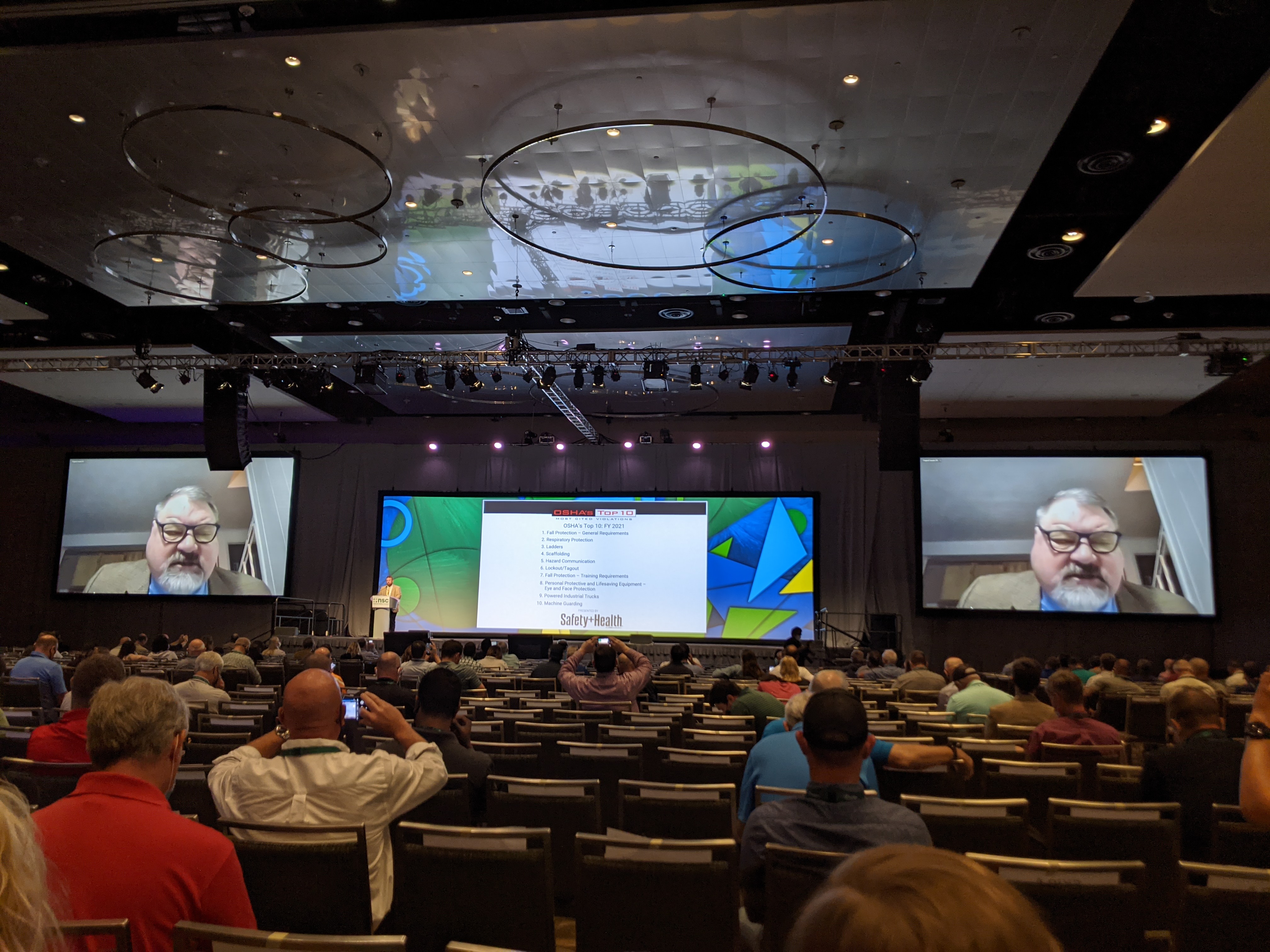 The D.C. Circuit upheld OSHA's multi-employer citation policy, in a decision yesterday against Summit Contractors Inc.
The D.C. Circuit upheld OSHA's multi-employer citation policy, in a decision yesterday against Summit Contractors Inc.
OSHA cited the company for providing electrical equipment without ground fault circuit interrupters (GFCIs) to its subcontractors in violation of section 1926.404(b)(1)(ii) of OSHA's Electrical Wiring Design and Protection standard. OSHA's multi-employer citation policy provides that an employer may under specified circumstances be cited for violations even if none of its own employees were exposed to the hazard. Summit contested the citation before an Administrative Law Judge (ALJ), who affirmed the citation, as did the Occupational Safety and Health Review Commission (OSHRC), which affirmed the citation on the ground that Summit was a "controlling employer" (because of its authority over the site in general and the electrical equipment in particular) as well as a "creating employer" (because it obtained and supplied the noncompliant equipment).
The D.C. Circuit ruled that OSHA was not required to promulgate through notice and comment rulemaking its multi-employer citation policy and could impose multi-employer liability through adjudication before the OSHRC. The Court also rejected Summit's claim that multi-employer liability establishes a common law duty of care to subcontractor employees in violation of section 4(b)(4) of the OSH Act. Last, the Court found substantial evidence supported OSHRC's determination that Summit had constructive knowledge of the violation. Summit required its subcontractors to use the non-compliant equipment but failed to take reasonable steps, such as specifying or inspecting for GFCIs, to ascertain compliance.
D.C. Circuit upholds OSHA's multi-employer citation policy



